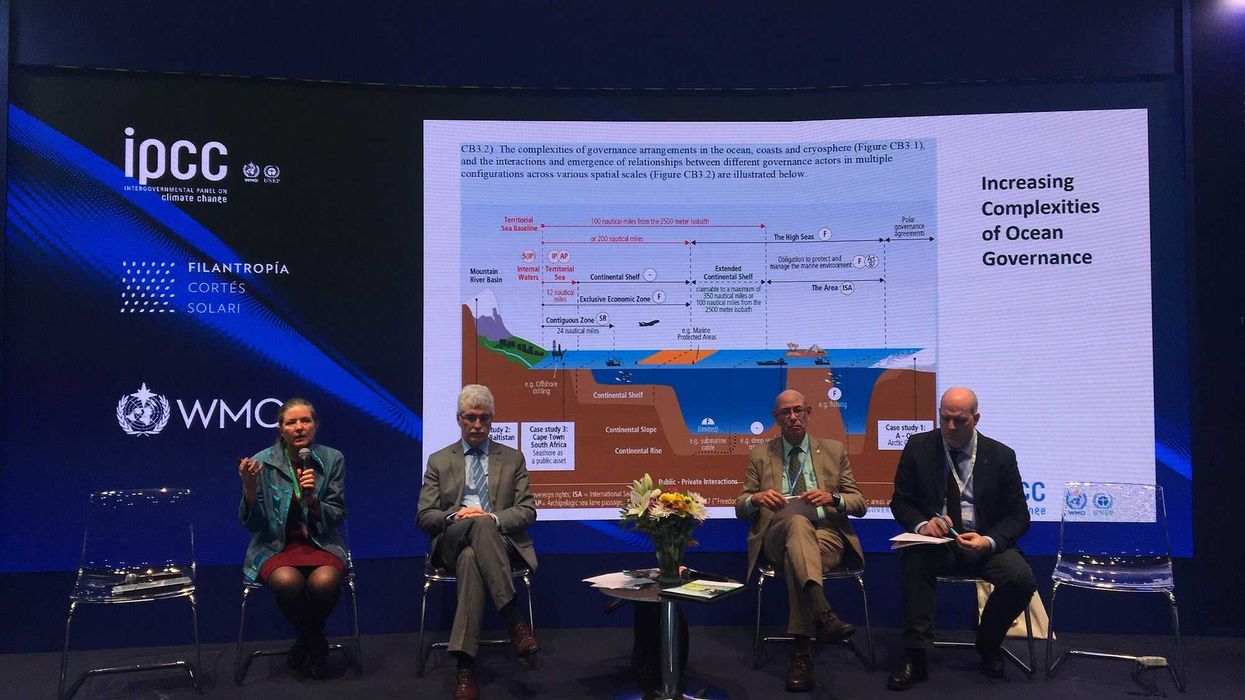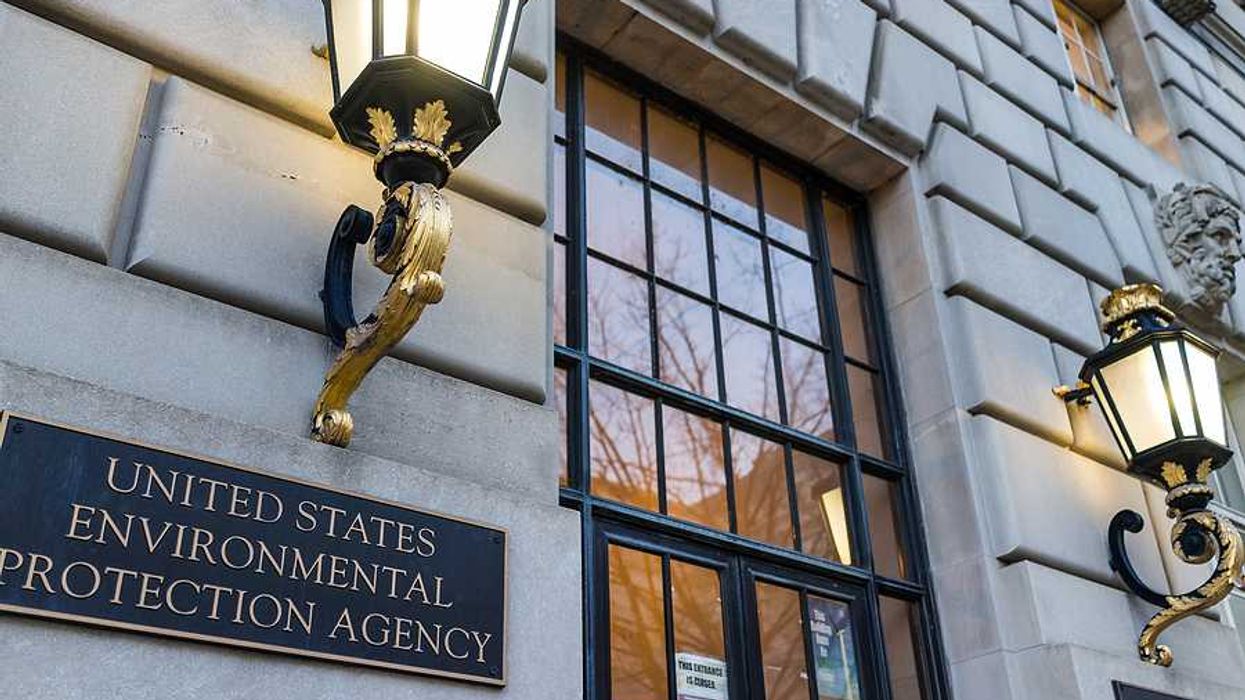Amid rising global chemical pollution and waste, scientists are urging governments to support the new United Nations Science-Policy Panel focused on solutions and systemic change.
Camilla Alexander-White and Tom Welton write for the Royal Society of Chemistry.
In short:
- Scientists warn that without rapid, structured action, pollution from chemicals and waste will continue to drive environmental and health crises.
- The new UN Science-Policy Panel aims to integrate expertise across disciplines, including Indigenous knowledge, and push for policy-relevant solutions.
- Transparency, a broad advisory network, and new scientific methodologies are key components needed for the panel's success and credibility.
Why this matters:
Chemical pollution is a slow moving but massive threat, deeply woven into modern life. From pesticides in food to plastics in oceans and hormones in drinking water, synthetic chemicals infiltrate ecosystems and human bodies in ways science is only beginning to fully understand. Exposure has been linked to chronic diseases, developmental issues in children, biodiversity loss, and ecosystem collapse. Legacy pollutants like lead and mercury continue to harm health decades after regulation, while thousands of newer chemicals remain untested.
Without coordinated, forward-looking governance, chemical production and waste are expected to rise sharply, particularly in developing regions with weaker regulatory systems. The authors argue that embedding systems thinking and cutting-edge science into global chemical management is vital to protect public health, safeguard biodiversity, and steer economies away from unsustainable practices.
Read more:














